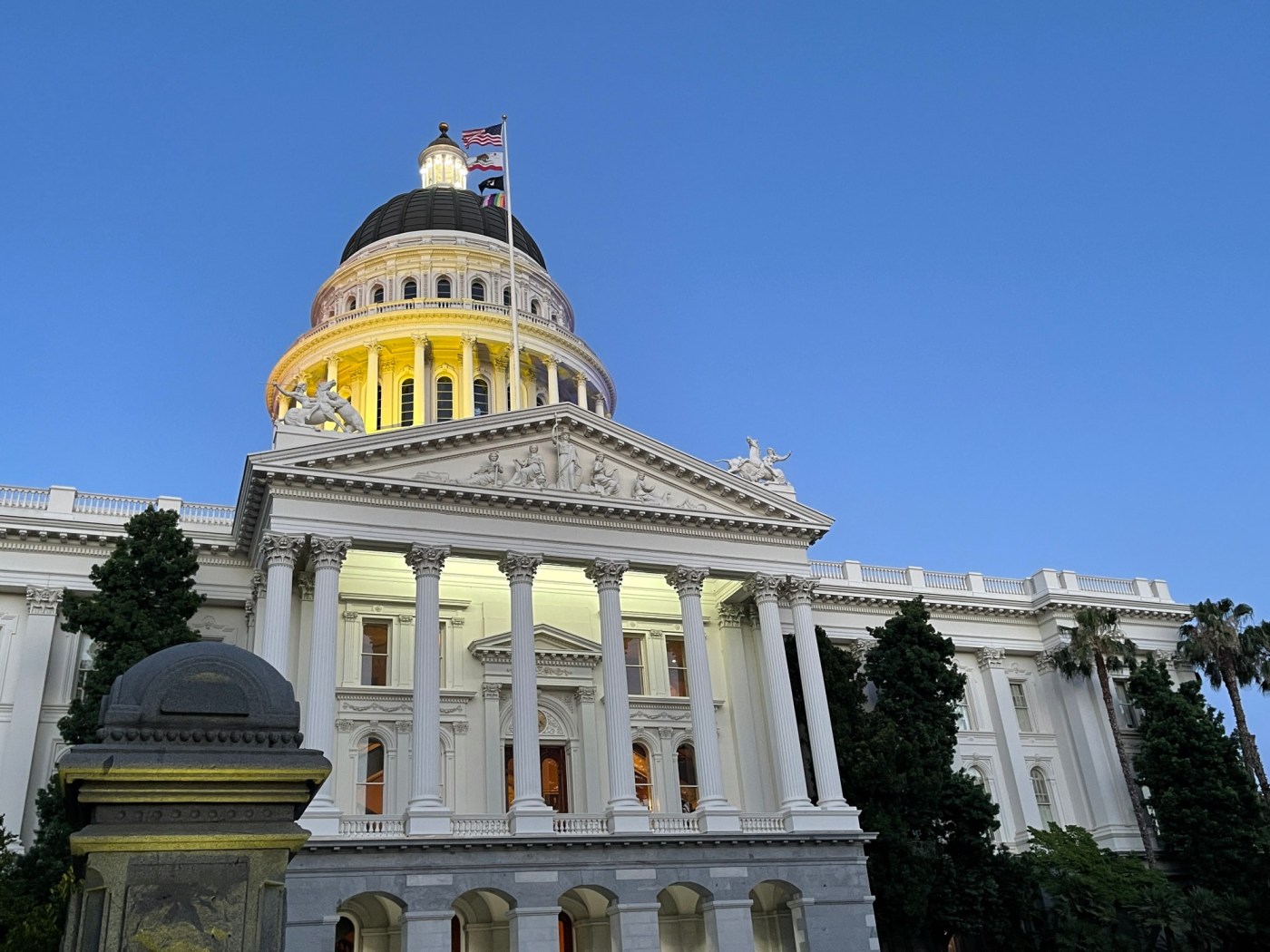Business
California Faces Fiscal Challenges as Budget Deficit Grows

California’s financial landscape continues to show signs of strain, as the state grapples with its budget deficit. Last week, the nonpartisan California Legislative Analyst’s Office (LAO) released its annual “California Spending Plan” report, highlighting a fiscal deficit of $15 billion for the current year. This marks the third consecutive year that California has faced budgetary challenges, although this year’s deficit is significantly lower than the $55 billion projected for the 2024-25 fiscal year and $27 billion for 2023-24.
The LAO’s report indicates that while some solutions to the budget problem involve spending reductions, the state has primarily relied on borrowing and reallocating funds, practices that the LAO refers to as “budget shell games.” These strategies echo a troubling trend that has emerged under the current administration, diverging from the fiscal discipline established by former Governor Jerry Brown. Brown’s efforts to eliminate the “Wall of Debt,” which accumulated during the Great Recession, stand in stark contrast to the current administration’s approach.
According to David Crane from Govern For California, the financial situation has reversed dramatically since Brown’s tenure. “The state budget went from no deficit and adding to reserves in Jerry Brown’s last year as governor (2018-19) to a deficit and taking from reserves in Newsom’s most recent budget (2025-26),” Crane noted.
Looking ahead, the LAO projects that budget deficits are likely to persist. Their analysis indicates annual operating deficits ranging from approximately $15 billion to $25 billion through the 2028-2029 fiscal year. This projection raises concerns about the sustainability of California’s fiscal policies and the potential implications for state services and programs.
Future Implications for California’s Budget
Governor Gavin Newsom has frequently shown a lack of concern for fiscal discipline, intervening only when legislative spending proposals threaten to exceed reasonable limits. As he approaches the end of his term, the responsibility for addressing these fiscal issues will fall to his successor.
The pressure to improve California’s financial outlook is exacerbated by anticipated cuts in federal funding for education and social services. Columnist Dan Walters from CalMatters warned, “If revenues don’t increase quickly and sharply, Newsom and legislators will face the same chronic deficit, plus added pressure to offset cuts in federal funds for education, social and medical services that Trump and Congress are making.”
As Newsom sets his sights on national politics, the urgency to adopt responsible fiscal practices may become more pronounced. The state will need to navigate these challenges carefully, balancing the demands of governance with the realities of its financial obligations. Only time will tell whether the current administration will take meaningful steps to rectify the fiscal mismanagement that has led to the current budget crisis.
-

 Science2 weeks ago
Science2 weeks agoIROS 2025 to Showcase Cutting-Edge Robotics Innovations in China
-

 Politics2 weeks ago
Politics2 weeks agoJudge Considers Dismissal of Chelsea Housing Case Citing AI Flaws
-

 World2 weeks ago
World2 weeks agoBravo Company Veterans Honored with Bronze Medals After 56 Years
-

 Lifestyle2 weeks ago
Lifestyle2 weeks agoStone Island’s Logo Worn by Extremists Sparks Brand Dilemma
-

 Health2 weeks ago
Health2 weeks agoStartup Liberate Bio Secures $31 Million for Next-Gen Therapies
-

 Top Stories2 weeks ago
Top Stories2 weeks agoIndonesia Suspends 27,000 Bank Accounts in Online Gambling Crackdown
-

 Health2 weeks ago
Health2 weeks agoTop Hyaluronic Acid Serums for Radiant Skin in 2025
-

 Sports2 weeks ago
Sports2 weeks agoMel Kiper Jr. Reveals Top 25 Prospects for 2026 NFL Draft
-

 World2 weeks ago
World2 weeks agoHoneywell Predicts Record Demand for Business Jets Over Next Decade
-

 Politics2 weeks ago
Politics2 weeks agoNew Jersey Voters Urged to Register Ahead of November Election
-

 Lifestyle2 weeks ago
Lifestyle2 weeks agoMary Morgan Jackson Crowned Little Miss National Peanut Festival 2025
-

 Sports2 weeks ago
Sports2 weeks agoYamamoto’s Mastery Leads Dodgers to 5-1 Victory in NLCS Game 2









